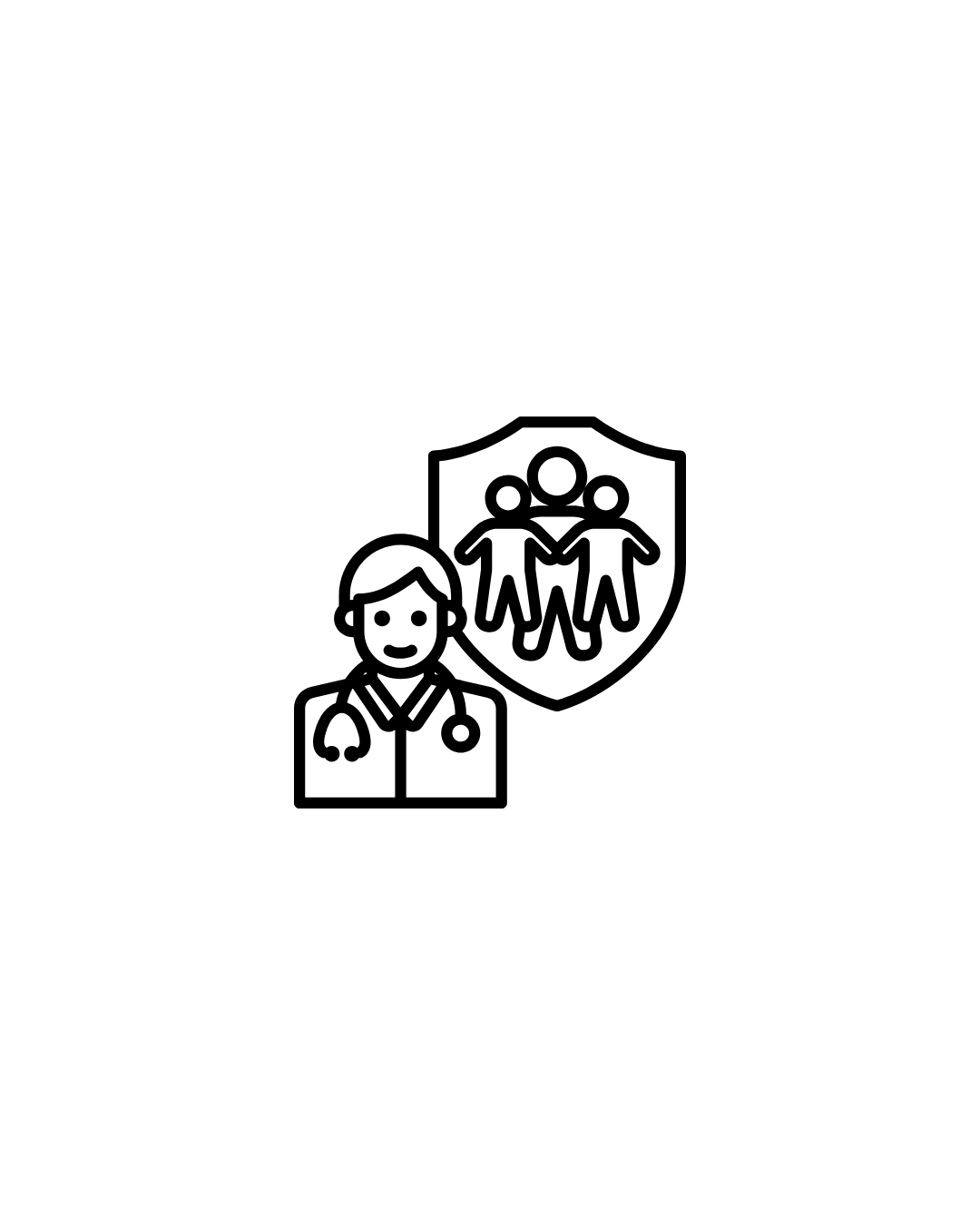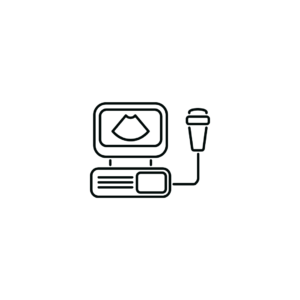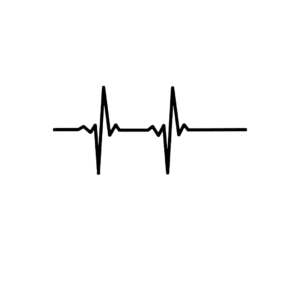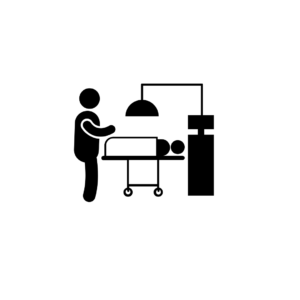Description
Overview of Multipurpose Health Workers (MPHW)
Multipurpose Health Workers (MPHWs) are integral members of the healthcare system, especially in rural and underserved areas. They are trained professionals who provide various health services, acting as a bridge between the community and the healthcare system. MPHWs are responsible for implementing health programs and delivering essential health services to improve community health outcomes.
Roles and Responsibilities of MPHWs
Community Health Education
Educating the community on health issues, disease prevention, nutrition, hygiene, and healthy lifestyle choices.
Primary Healthcare Services
Providing basic medical care, including first aid, immunization, maternal and child health services, and management of common illnesses.
Disease Prevention and Control
Implementing strategies for disease prevention and control, including the monitoring of infectious diseases and conducting vaccination drives.
Family Planning Services
Providing information on family planning methods, counseling couples, and distributing contraceptives as needed.
Health Data Collection and Reporting
Collecting health-related data for health surveillance and reporting it to relevant authorities to inform public health decisions.
Environmental Health Promotion
Ensuring sanitation, promoting safe drinking water, and educating communities about waste management and environmental health practices.
Referral Services
Identifying patients who need further medical attention and referring them to appropriate healthcare facilities or specialists.
Support for Maternal and Child Health
Assisting with prenatal and postnatal care, promoting breastfeeding, and educating families on caring for young children.
Health Program Implementation
Participating in the planning and execution of health programs, including immunizations, nutrition programs, and health education initiatives.
Community Mobilization
Engaging community members to participate in health programs and activities, fostering a sense of ownership and collective responsibility for health.
Educational Requirements
To become an MPHW, candidates typically need to complete a certification or diploma program in Multipurpose Health Work, which usually includes:
Coursework in Health Sciences
Subjects like anatomy, physiology, nutrition, public health, and community health principles.
Practical Training
Hands-on training through internships or supervised practice in healthcare settings, allowing students to apply their knowledge in real-world scenarios.
Certification
After completing the program, obtaining relevant certifications as required by local health authorities or institutions.
Skills Required for MPHWs
Communication Skills
Ability to communicate effectively with diverse populations, ensuring clear understanding of health information.
Empathy and Compassion
Providing care with sensitivity and understanding towards the needs and concerns of community members.
Problem-Solving Skills
Ability to assess situations and provide appropriate solutions in healthcare delivery.
Organizational Skills
Managing multiple responsibilities efficiently, including record-keeping and coordinating health activities.
Cultural Competence
Understanding and respecting the cultural contexts of the communities served to provide appropriate health interventions.
Career Opportunities
Multipurpose Health Workers can find employment in various settings, including:
Public Health Departments
Community Health Centers
Non-Governmental Organizations (NGOs)
Hospitals and Clinics
Health Outreach Programs
Educational Institutions
Conclusion
MPHWs play a crucial role in enhancing healthcare access, improving community health, and implementing vital health programs. Their diverse responsibilities and community-centered approach make them essential to building healthier populations and promoting overall well-being. If you have further questions about the role of MPHWs or related topics, feel free to ask!









